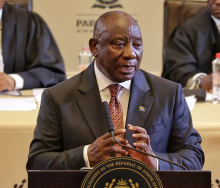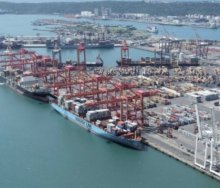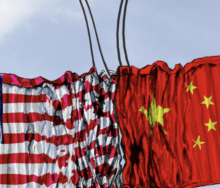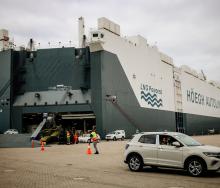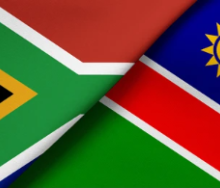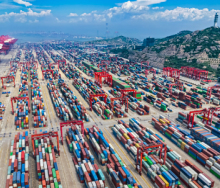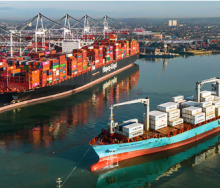Major road infrastructure work in Eswatini has been suspended due to ongoing sabotage instigated by political radicals belonging to an underground group calling itself the Swaziland International Solidarity Forces.
The anti-monarchical organisation is stepping up an arson campaign against state targets, but also Inyatsi Construction, because King Mswati III is reportedly a stakeholder in the company.
Earlier this month, the group used terror tactics to force security guards at gunpoint to throw petrol bombs at Inyatsi Construction vehicles, causing R2 million of damage.
“The attack, which resulted in the destruction of machinery and equipment, has necessitated the suspension of operations,” said Inyatsi Construction in a statement.
The company blamed the bombers for economic hardship resulting from job losses and the loss of monies received by communities from infrastructure construction.
The bombing was carried out shortly after the group attacked the Mbabane Police Camp and burned motor vehicles worth R500 000.
The Inyatsi attack has had nationwide repercussions, halting work on major road-building projects.
The particular project targeted by the arsonists, and which has halted work, is the Sicunusa-Nhlangano Highway.
This will be a major road freight artery connecting the southern provincial capital Nhlangano with South Africa.
Sicunusa is near the border with KwaZulu Natal and the road improvement is essential to expedite road cargo destined for Durban and coming from the country’s central traffic corridor that extends from the commercial hub Manzini, through the Matsapha Industrial Site and to the capital, Mbabane.
When contacted by Freight News, Inyatsi Construction was reluctant to comment, saying the matter involved an ongoing police investigation. The company did emphasise that the work suspension was temporary.
“We will as always do our utmost to assist those most affected, and endeavour to ensure that work gets back on track expeditiously,” said Inyatsi.
This is not the first time during this past year that infrastructure work nationwide has ground to a halt.
During June and July the most destructive uprising against government in the country’s history shut down all activity as a curfew and travel restrictions were enforced.
That disturbance also saw widespread arson attacks, and highlighted the small, landlocked country’s vulnerability when road freight is disrupted from South Africa, from where all petroleum projects and 80% of goods are sourced.

